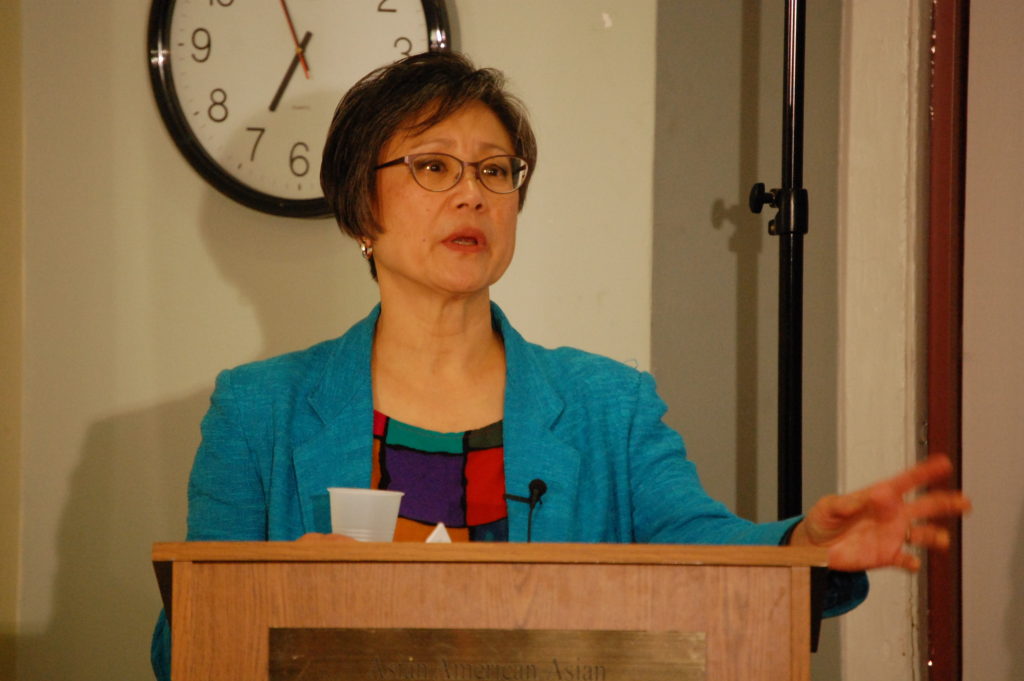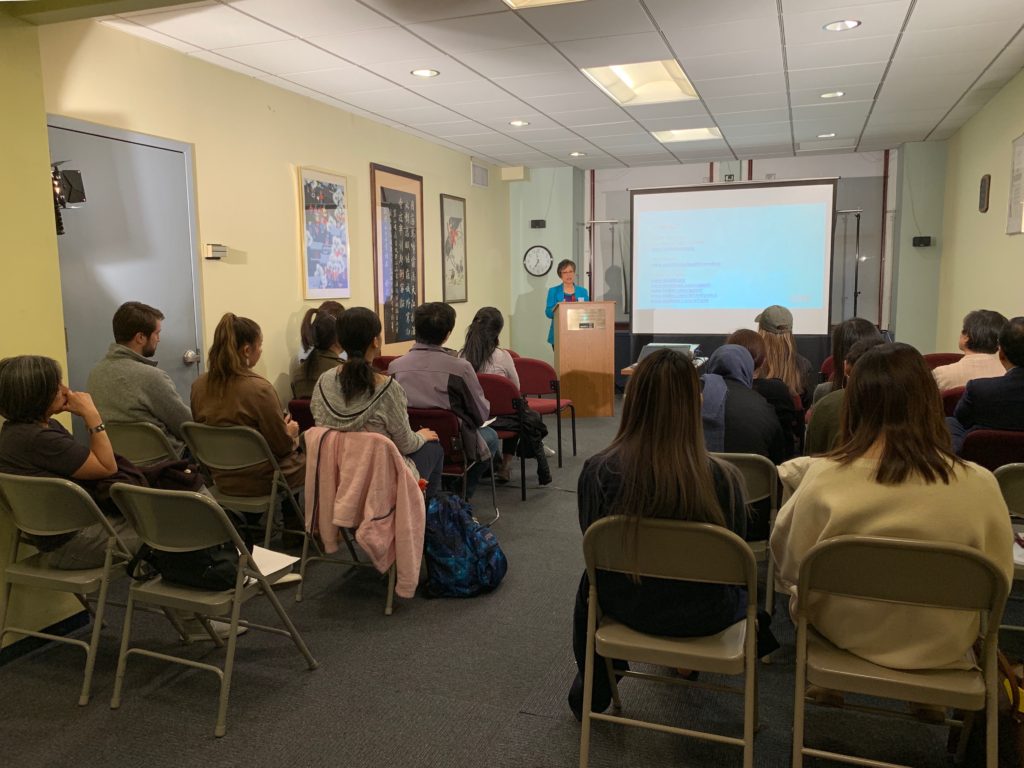
Asian American Pacific Islanders (AAPI) are the fastest growing, and most diverse, population in the US. Over the past decade, the AAPI community has not only grown in size, but influence with more AAPIs in leadership positions in government, non-governmental organizations, and Fortune 500 companies. We finally have a seat at the table. We made remarkable strides in improving the number of opportunities for AAPIs and our general well-being, especially through the passage of the Affordable Care Act (ACA) and other legislation. However, there are still challenges that lie ahead. In the past two years, Congress and the Trump Administration have taken steps to diminish the voices of immigrant communities, including AAPIs, through rule changes, executive orders, and attempts to repeal meaningful laws and programs. Proposed rule changes, such as public charge, are meant to cripple our community and create division. In this program, Kathy Ko Chin, president and chief executive officer of the Asian & Pacific Islander American Health Forum (APIAHF), will address these policy opportunities and answer how we could remedy these challenges.


